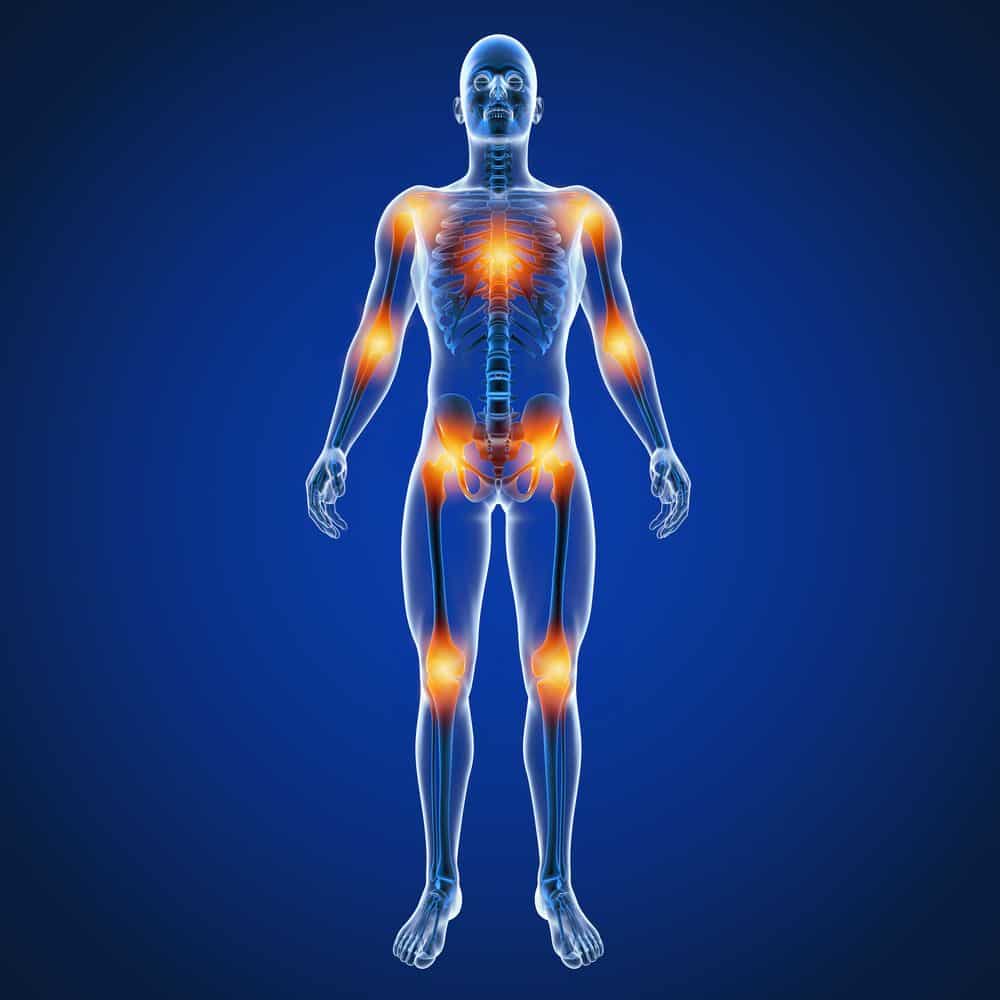Fibromyalgia is a chronic health condition that causes widespread pain and tenderness in various parts of the body. Symptoms typically include widespread muscle pain, fatigue, sleep disturbances, and sensitivity.
Symptoms:
Widespread muscle pain: Patients with fibromyalgia often experience widespread, chronic pain in different areas of the body.
Fatigue and lack of energy: A constant feeling of fatigue is a prominent symptom of fibromyalgia and can negatively affect daily life activities.
Sleep disturbances: Problems such as insomnia, restless legs syndrome, and sleep apnea are common among fibromyalgia patients.
Sensitivity: Patients with fibromyalgia often show extreme sensitivity to touch or light pressure.
Causes:
The exact cause of fibromyalgia is not known, but certain factors are believed to play a role. These include genetic predisposition, stress, trauma, hormonal changes, and changes in physical activity levels.
Diagnosis:
Fibromyalgia is diagnosed based on the presence of widespread pain and other symptoms. Blood tests, imaging tests, and other medical examinations are usually conducted to support the diagnosis, although there is no specific test for fibromyalgia.
Treatment:
Treatment focuses on symptom management and generally requires a multidisciplinary approach. Medications, physical therapy, exercise, stress management techniques, sleep regulation, and lifestyle changes may be part of the treatment plan.
Lifestyle Changes:
Adopting a healthy lifestyle can help manage symptoms for fibromyalgia patients. A balanced diet, regular exercise, proper sleep routines, and stress-reducing techniques can improve overall health and alleviate fibromyalgia symptoms.
Support and Counseling:
Fibromyalgia can be physically and emotionally challenging. Therefore, it may be beneficial for patients and their loved ones to participate in support groups or seek counseling services. These support resources can help with coping and improve emotional well-being.
A Comprehensive Approach to Fibromyalgia Treatment: Physical, Mental, and Emotional Health
Relationship Between Fibromyalgia and Other Health Conditions: Fibromyalgia is often associated with other health problems. In this context, patients frequently also suffer from conditions like depression, anxiety, migraines, irritable bowel syndrome (IBS), and other chronic pain syndromes.
Fibromyalgia and Sleep Disorders: Fibromyalgia is closely linked to sleep disorders. Improving sleep patterns and quality can reduce symptoms of fibromyalgia. Therefore, emphasizing proper sleep hygiene and relaxing sleep environments is important.
Fibromyalgia and Psychological Support: Fibromyalgia is also associated with psychological symptoms. In this case, it may be beneficial to recommend methods such as therapy, meditation, and breathing exercises to strengthen mental health and enhance emotional well-being.
Fibromyalgia and Nutrition: Some studies show that a healthy and balanced diet may help alleviate fibromyalgia symptoms. In this context, you can mention dietary suggestions such as consuming anti-inflammatory foods, choosing fiber-rich options, and the importance of hydration.
Fibromyalgia and Exercise: Exercise plays a vital role in managing fibromyalgia symptoms. However, by emphasizing the importance of choosing the right types of exercise and implementing a regular routine, you can provide tips on how to dose physical activity and ease symptoms.


With Our Professional Medical Services
Start Your Health Journey